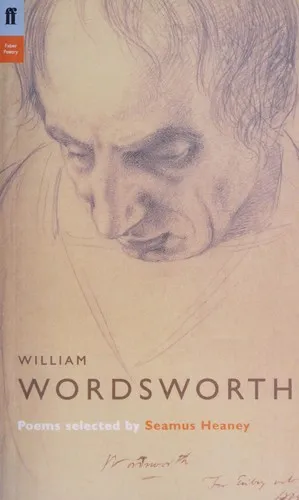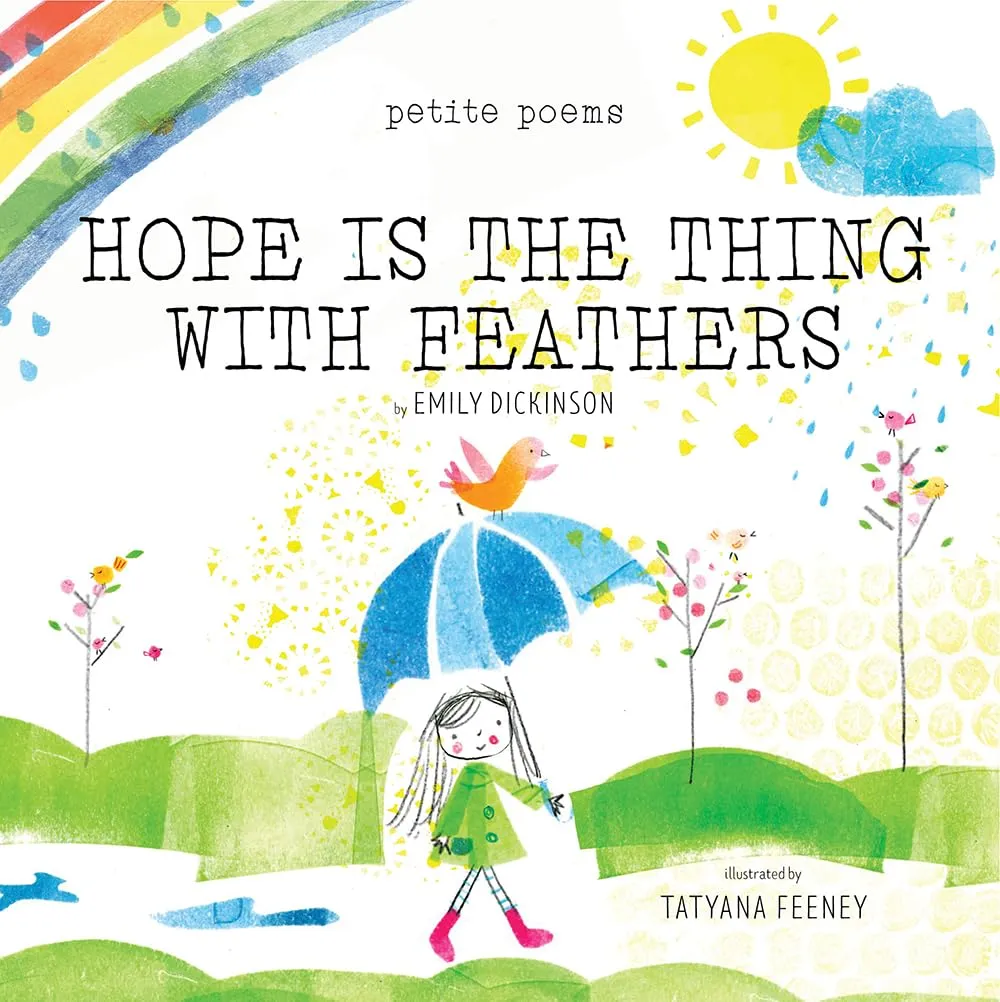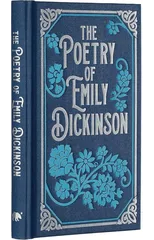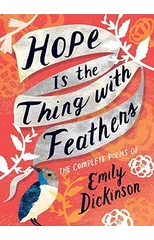In this series, a contemporary poet advocates a poet of the past or present whom they have particularly admired. By their selection of verses and by the personal and critical reactions they express, the selectors offer intriguing insight into their own work.
Emily Dickinson
Emily Dickinson (1830-1886) was an American poet known for her unique and innovative writing style. She wrote nearly 1,800 poems, most of which were discovered after her death. Dickinson's work is characterized by its unconventional punctuation, capitalization, and use of metaphor. She often explored themes of death, love, nature, and spirituality in her poetry.
One of Dickinson's most notable works is "Because I could not stop for Death," a poem that reflects on the nature of mortality and the passing of time. Her contributions to literature include challenging traditional poetic forms and themes, paving the way for modernist poets to come.
Dickinson's impact on the literary genre of poetry is significant, as she is considered one of the most important and influential American poets of the 19th century. Her work continues to be studied and celebrated for its depth, complexity, and originality.






